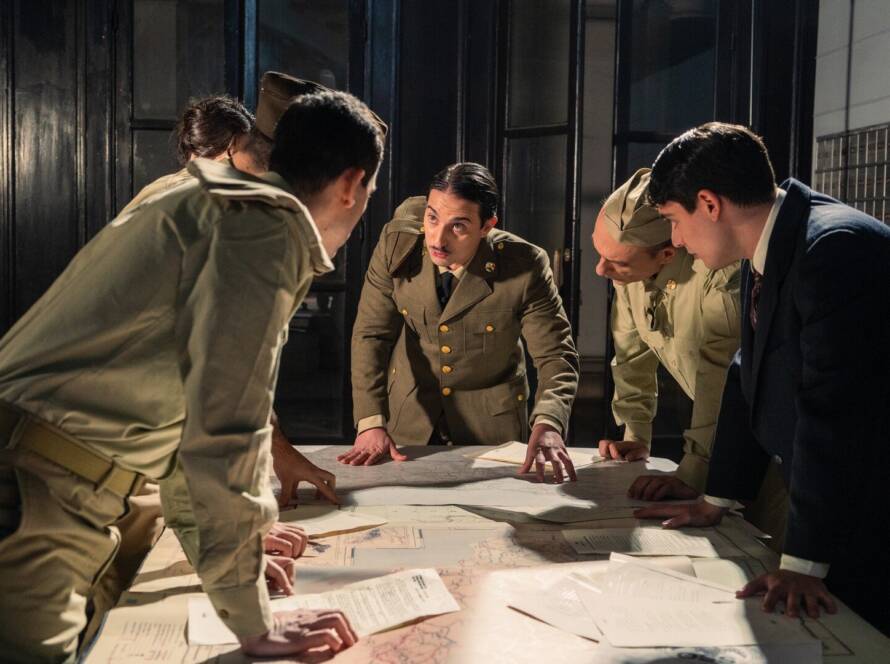Films have always been a powerful medium for storytelling, and when it comes to history, they serve an even greater purpose. Films about history not only provide a window into the past, but they also help us understand our present and shape our future. In this blog post, we will discuss the importance of making films about history.
Preserving Historical Events and Figures
History is a valuable and irreplaceable part of our human experience, and films can help preserve it for future generations. By depicting historical events and figures on screen, filmmakers can keep their memories alive and relevant. Films and shows like “1917”, “Iceman”, and “The Last Duel” are just a few examples of films that have brought historical sctructures and figures to life, reminding us of their significance and impact.
History is often complex and multifaceted, and films can help us understand and empathize with the perspectives of people who lived through historical events. By portraying the experiences of different individuals and groups, films can help us see history from different angles, challenging our assumptions and expanding our worldview. Films like “Master & Commander”, “Troy” and “Lincoln” are examples of films that have helped shed light on the experiences of marginalized communities, fostering understanding and empathy.
Inspiring Change and Action
Films about history can also inspire change and action. By highlighting historical struggles and achievements, they can motivate us to work towards a better future. Films and shows like “Ben Hur”, “Black Sails”, and “The Woman King” are examples of films that have inspired social and political change, reminding us of the power of collective action and advocacy.
Educating and Entertaining
Documentaries, films and shows about history can also be an effective tool for education and entertainment. By combining historical accuracy with cinematic storytelling, they can make learning about history engaging and enjoyable. Films like “Amadeus”, “Outlaw King” and “Alexander” are examples of films that have combined entertainment with education, making history accessible and exciting.
In conclusion, films and shows about history play a crucial role in preserving, understanding, and shaping our collective human experience. By bringing historical events and figures to life, fostering empathy and understanding, inspiring change and action, and educating and entertaining, they help us connect with our past, present, and future. Filmmakers have a responsibility to tell these stories accurately and respectfully, and audiences have a responsibility to engage with them thoughtfully and critically. Together, we can use films about history to build a more informed, empathetic, and just world.



